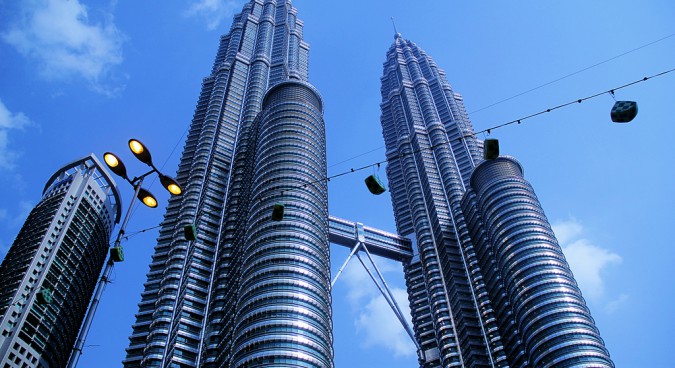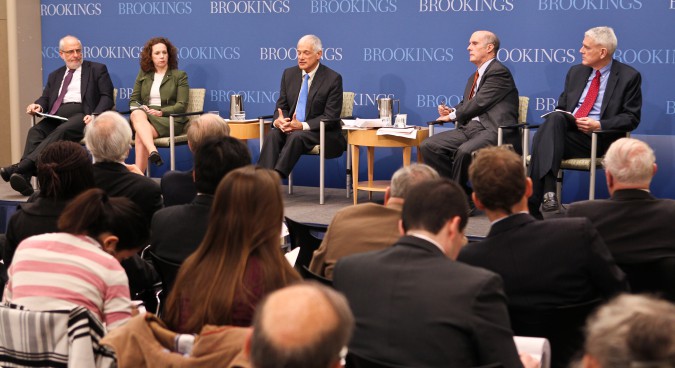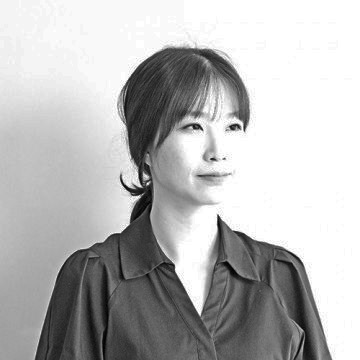S. Korea insists U.S., N.Korea closed-door meeting was unofficial
Meeting in Kuala Lumpur was "reconnoitering skirmish" ahead of next U.S. administration, expert says
A bilateral meeting between American experts and North Korean diplomats last week was unofficial and did not involve the U.S. government, the Ministry of Unification (MoU) said on Monday.
Americans held closed-door talks with North Korean officials for two days in Kuala Lumpur, South Korea’s KBS reported on Friday.
Han Song Ryol, North Korea’s vice foreign minister and Jang Il Hun, the deputy ambassador for the DPRK Mission to the UN, reportedly participated in the meeting.
Robert Gallucci, former U.S. chief negotiator with North Korea during the nuclear crisis of 1994, and Joseph DeTrani, former special envoy for the Six-Party Talks, were their American counterparts.
South Korea’s MoU and Ministry of Foreign Affairs (MOFA) reported that the meeting was “track two dialogue held at the non-governmental level.”
“I believe the North participated [in the meeting] since it needed to clarify its stance against the U.S,” Jeong Joon-hee, a MoU spokesperson, told reporters during a regular news briefing when asked why the North had sent officials and the U.S. had not.
“It takes two to tango, but the U.S. government didn’t accept it as a government-level meeting, even though the talks were approved by the government.”
The South’s MoU and MOFA maintain that the U.S. and the South are in agreement about the need to push for tougher sanctions against the North.
“The fact that the North dispatched the current officials to such a track two meeting proves its diplomatic isolation,” South Korea’s MOFA said on Sunday.
The talks focused on missile and nuclear issues, KBS reported.
“It (the meeting) gives us a chance to explore things that go beyond what the government is saying right now to see if we can find a way back to negotiations,” Sigal told reporters on Saturday according to a video aired by KBS.
A North Korean observer based in Seoul said that the meeting was a “reconnoitering skirmish” for the North.
“From the perspective of the North, they might be wondering about the U.S. stance,” Chang Yong-seok, senior researcher at the Institute for Peace and Unification Studies (IPUS) at Seoul National University (SNU) told NK News on Monday. “The next administration hasn’t been decided yet.”
But Cha Du-Hyeogn, a visiting scholar at the Korea Institute for National Unification (KINU), said that the Obama administration would not have delegated authority to the U.S. participants.
“Both re-confirmed each other’s stance, according to the media reports,” Cha told NK News. “Since the delegates don’t have any authority, they just need to check whether there is any change in the North’s position. But they aren’t in the position of making promises.”
KBS added that one leading figure in what is commonly referred to as a “track 2″ meeting was Tony Namkung, former assistant director of the Institute of East Asian Studies (IEAS) at the University of California, Berkeley.
Both experts shared the view that Namkung, an independent scholar and consultant with almost three decade’s experience engaging the North, as well as a frequent visitor to Pyongyang, was likely to lead negotiations.
The North held track 1.5 dialogue with the U.S. in Singapore in mid-January of this year. Ri Yong Ho, North Korea’s top nuclear negotiator, met with DeTrani and Namkung.
Featured Image: KLCC by L.Cheryl on 2012-07-28 16:58:30



